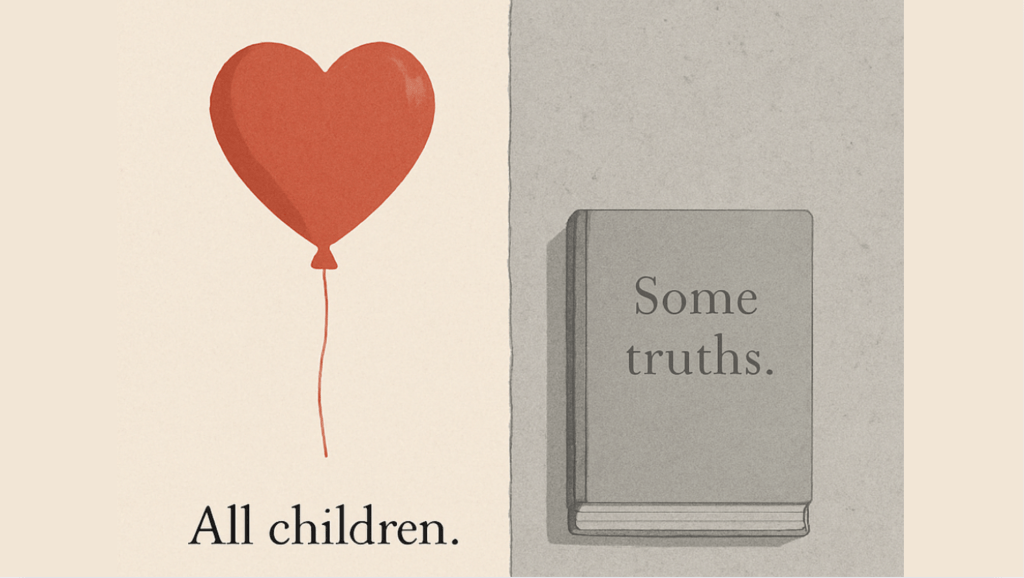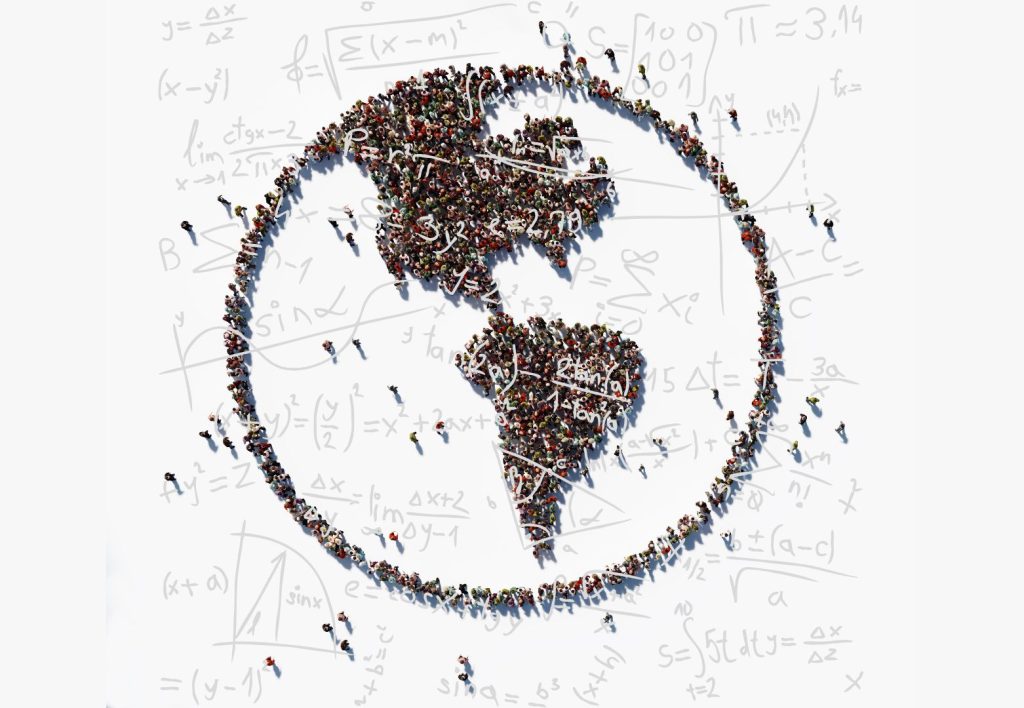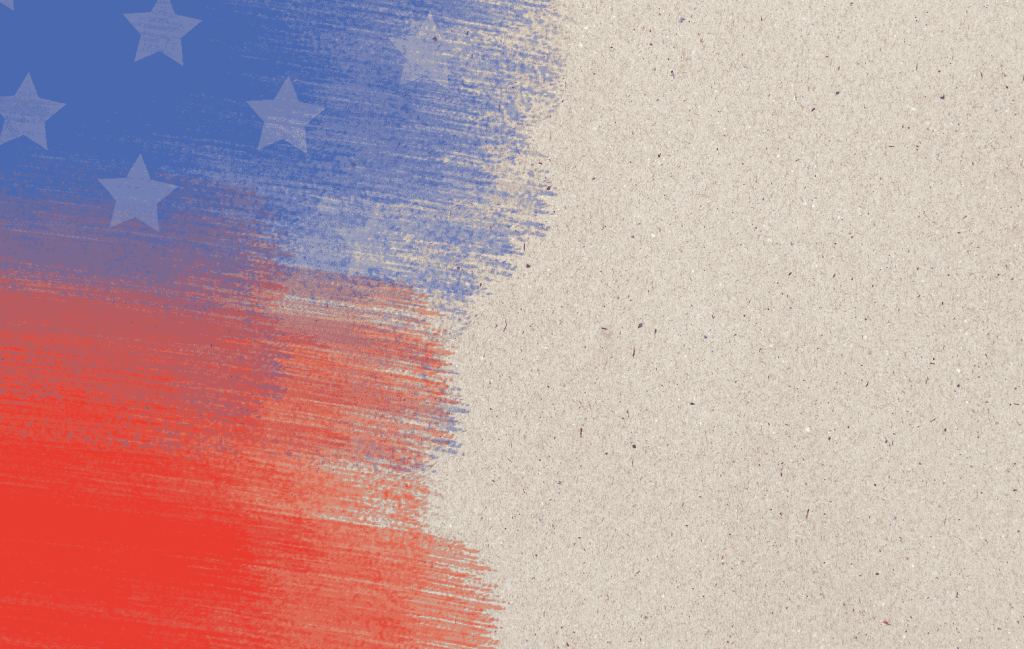What Ms. Rachel, J.K. Rowling, and the backlash machine reveal about our discomfort with inclusion, especially when women speak out loud
Ms. Rachel teaches toddlers how to say “Mama,” count to ten, and love themselves out loud. J.K. Rowling built a fantasy world where children discover they’re magic, until they challenge the wrong kind of norm. One of them got accused of terrorism. The other still has her empire.
This isn’t just a story about two women. It’s about what and who we allow to speak freely. And what happens when they do. In a time when the internet seems allergic to nuance, Ms. Rachel did something gentle and in today’s climate, quietly radical. She said “Happy Pride” with a smile. Raised money for children in Gaza, Sudan, and Ukraine, children with no homes, missing parents, and empty plates. Said that all children, regardless of borders or beliefs, deserve to feel safe and loved. For that, they came for her.
Not just trolls. Not just the usual “angry parent” brigade. Political groups. Right-wing influencers. Campaigns accusing her of being un-American. A coordinated call to investigate her as a foreign agent. Her empathy—clear, simple, and unconditional—was reframed as propaganda.
Meanwhile, Rowling, who once wrote about courage and belonging, chose a very different kind of visibility. With full control of the narrative, she aligned herself with rhetoric that questioned the validity of trans lives. She reframed identity as danger. And when critics asked her to consider the impact of her words, she doubled down. Rebranded herself as a “truth-teller.” Published more books. And the world… gave her a stage.
Ms Rachel JK Rowling, What’s actually happening here?
Why is a preschool educator pushed to tears for saying, “You’re exactly who you are meant to be,” while a billionaire can publicly draw lines around who qualifies for dignity and still sell millions? It’s easy to say we’re divided over inclusion. But maybe that’s not quite true. Maybe we’re not uncomfortable with inclusion itself. Maybe we’re uncomfortable when inclusion comes from a woman who refuses to whisper it.
Because when Ms. Rachel says “all children,” some hear, “not just yours.” When she invites a non-binary co-star, some panic, not because their children are harmed, but because their worldview isn’t being centered anymore. And when a woman centers someone else, especially someone queer, poor, or far away, the audience turns.
We say we want empathy. But what we really want is for it to feel familiar. Polished. Apolitical. Selective. We don’t fear inclusion. We fear what it asks of us.
J.K. Rowling didn’t challenge the status quo, she reinforced it, and when you do that, the consequences are softened. Ms. Rachel disrupted comfort through compassion, and when you do that, the backlash arrives with precision. It makes you pause.What does it say about a culture where fundraising for starving children is called radical, while undermining marginalized groups is treated as reasonable discourse? Why do we defend legacy so quickly but defend love so slowly? Why is empathy only safe when it doesn’t include everyone?
If Ms. Rachel is what controversy looks like now, maybe it’s not the world that’s moving too fast. Maybe it’s that we’re still building systems that never expected women like her to speak at all.
Ms Rachel JK Rowling, Who’s really in the wrong?
Is Ms. Rachel wrong for expanding the circle? Is Rowling wrong for narrowing it? Or are we collectively responding to something deeper? Because this isn’t just about content. It’s about structure. About how social expectations still shift when women speak, especially when they speak with clarity, care, or conviction. Only a very specific kind of woman is given space to be loud. One with legacy, wealth, or cultural insulation. Rowling has that. Ms. Rachel does not.
So maybe our discomfort isn’t with what’s being said. It’s with who’s saying it, and how unapologetically.
Are We Expecting More From Women?
Quietly, yes, and not in a way that honors them. Women, especially those in public roles, are expected to be everything at once: nurturing but neutral, brave but not polarizing, inclusive but never disruptive. They’re told to lead with love, but never challenge comfort. To show up, but not too much, and when they do? They’re dissected. Reinterpreted. Erased.
When a woman speaks clearly, we look for tone, when she includes someone new, we ask if it’s too soon. And, when she shows leadership, we ask if she means well enough. So when Ms. Rachel speaks up for every child, it’s “too political.” When Rowling speaks with exclusion, it’s “just her perspective.”
The reaction says less about the women themselves and more about us. We don’t just expect more from women. We expect it to come without mess, without questions, and without discomfort for the rest of us.
And Yet, Why Only These Two?
Why is it only Ms. Rachel and J.K. Rowling that we heard worldwide?
Why do we hold these two women up, one for being “too soft,” the other “too loud”, while the majority of public debate still unfolds around familiar, untouchable voices? Perhaps because they don’t fit neatly. Ms. Rachel by widening the circle. Rowling by drawing a line through it. Both, in different ways, broke an unspoken rule:
Women may lead, but only on terms the audience already agrees with. When they don’t, whether through care or control the consequences arrive swiftly. Meanwhile, others with influence move in and out of difficult conversations without being defined by them. That kind of flexibility still rarely extended to women.
Especially not to women who teach children. Especially not to women who say “love” and mean it, out loud. Maybe the question isn’t why these two continue to spark debate. Maybe it’s: “Why are we still so selective about who gets to lead the conversation on inclusion?”
Until that shifts, this cycle continues.
Same backlash, same outrage, same villains, women.
Still feeling that tension?
You’re not alone.








One Response
Good https://shorturl.at/2breu